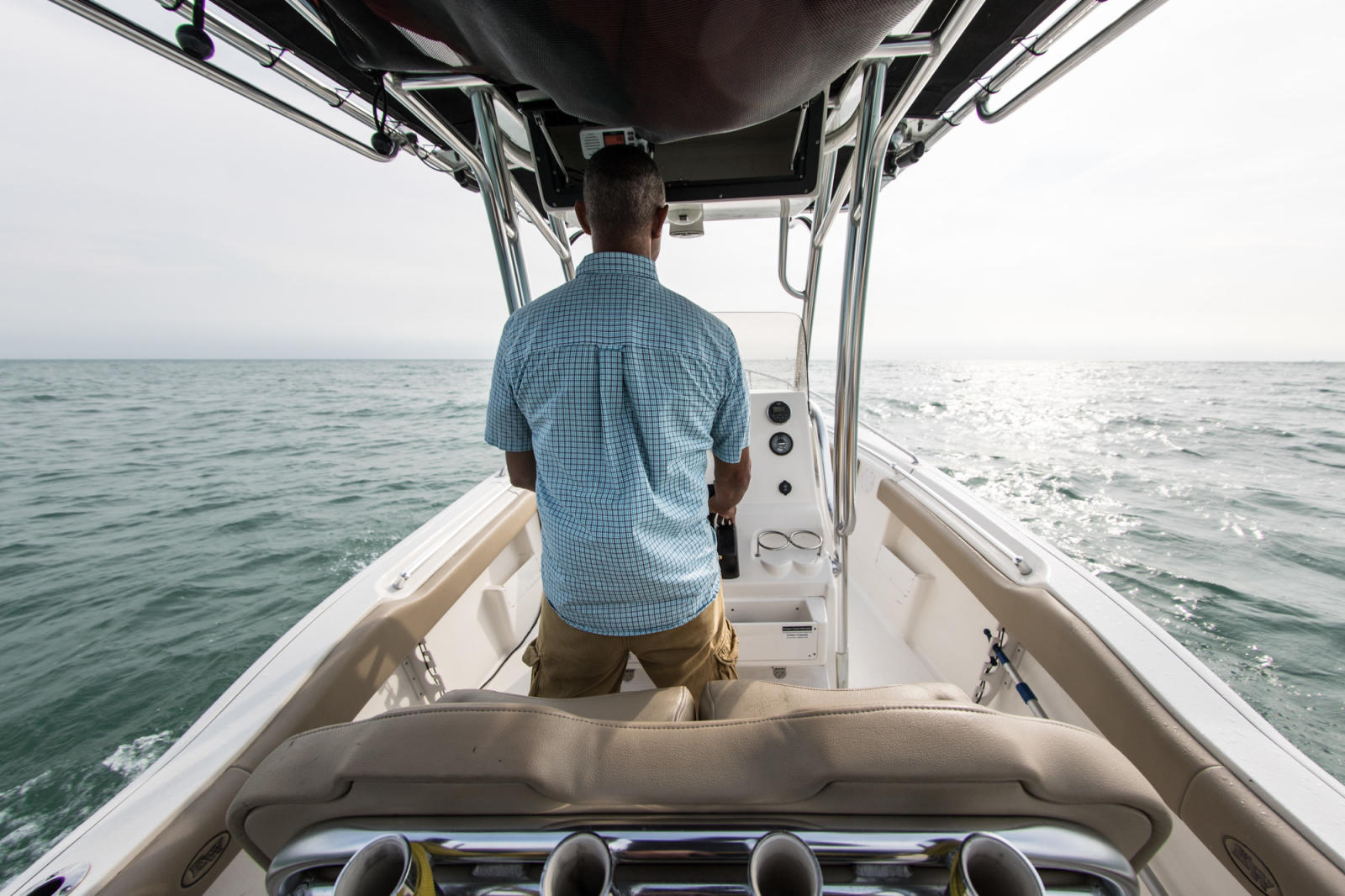Why the Modern Fish Act is Good for West Virginia
When it comes to fishing West Virginians have it relatively easy. Not because of the state’s great rivers and lakes, but because the existing fishing regulations are fairly straightforward and easy to understand. Every year, the Division of Natural Resources publishes a short rulebook that outlines the rules for individual fish species and different fishing locations. The book isn’t long, only 32 pages in 2018, and it’s easy to understand.
Not every state is as lucky. Other states – even inland states like West Virginia – bog down recreational fishers with confusing rules and regulations. Nowhere is this more prevalent than in coastal states that have to deal with outdated federal regulation of saltwater fisheries.
For coastal anglers, enjoying a fishing trip involves navigating a regulatory system that doesn’t adequately differentiate between a large commercial fishing crew and an individual or a family. Since 1976, federal saltwater fisheries have been managed by the Magnuson-Stevens Act, a piece of legislation designed to conserve fish populations and ensure that commercial fishers don’t overfish species to the point of extinction. What this legislation wasn’t designed to do, however, is properly differentiate between recreational and commercial fishers.
Because this well-intentioned legislation is now outdated, recreational saltwater fishers are stuck dealing with limited access to fisheries, needlessly short seasons, and an unwieldly data collection system.
None of this is to say that the Magnuson-Stevens Act needs to be repealed. The act is woefully inadequate when it comes to regulating recreational fishing, but it works well when applied to commercial fishing – the industry which actually has the size and scope to irreparably damage fish populations. The Magnuson-Stevens Act simply needs to be modernized.
This can be achieved through the “Modernizing Recreational Fisheries Management Act of 2017,” also known as the Modern Fish Act. As part of the reauthorization of the Magnuson-Stevens Act, the Modern Fish Act would grant recreational anglers greater access to saltwater fisheries, modernize the data collection methods that inform the regulatory framework, and enhance conservation efforts. This combined impact will give the recreational fishing and boating industry the room it needs to grow and continue to succeed, while ensuring the long-term vitality of our federal fishery resources.
What the Modern Fish Act won’t do is harm fish populations or undo conservation efforts. Without healthy fish populations, recreational fishers would be unable to enjoy their pastime, giving them strong incentives to make sure they aren’t overfishing. And, the Modern Fish Act would leave in place all types of regulations on commercial fishing, which have helped struggling fish populations rebound. Professional crews who can spend weeks at sea aim for harvest targets that are, to say the least, quite different than a family who may only spend a few hours on the water.
Recreational boating is a multi-billion-dollar industry in the United States. Each year, Americans spend $37 billion on new boats and marine products and services, stimulating local economies all across the country. As a landlocked state, West Virginia isn’t the biggest contributor to the recreational boating industry, but nevertheless, local business owners are proud to do their part to support a traditional American pastime.
As the President of the National Marine Manufacturers Association, representing approximately 1,500 businesses across the U.S. recreational boating industry, I want to thank Senator Joe Manchin for being one of the original co-sponsors of the Modern Fish Act. I urge Senator Shelly Moore Capito to lend her support to the Modern Fish Act. As the bill progresses through Congress, support and leadership from both Senators Manchin and Capito will be crucial to its passage.
Smarter regulation of our federal fisheries will tremendously boost the recreational boating industry, meaning more money will go into an industry which still supports American manufacturing – something we care deeply about here in West Virginia. Supporting the Modern Fish Act is the right thing for the economy, it’s the right thing for the country, and it’s the right thing for West Virginia.





